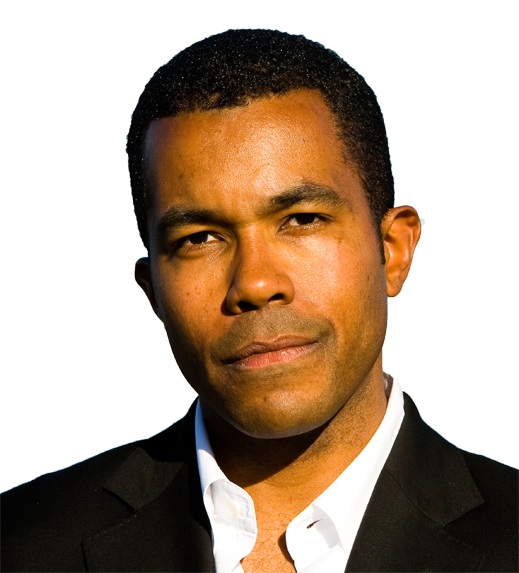Legal expert to speak about civil rights, antidiscrimination law for Dorothy L. Thompson Lecture Series
Monday, Feb. 18, 2013
MANHATTAN -- An expert on civil rights and antidiscrimination law will be the spring 2013 speaker for the Dorothy L. Thompson Civil Rights Lecture Series at Kansas State University.
Richard Thompson Ford, professor of law at Stanford Law School, will present "Rights Gone Wrong: What is the Meaning of Equal Justice for All?" at 7 p.m. Thursday, Feb. 28, in the K-State Alumni Center Banquet Room. Following the lecture, Ford will sign copies of his book, "Rights Gone Wrong," a New York Times Book Review's Notable Book. It will be available for purchase at the lecture.
Using common sense and practical reason, Ford is rethinking civil rights law, according to Michael Kaye, a professor of law at Washburn University and a regional member of the Dorothy L. Thompson Civil Rights Lecture Series committee. Ford argues that current civil rights activism is misguided and new approaches are needed, and that the misunderstanding of the meaning of discrimination has led courts to oversimplify problems of inequality and misdiagnose social ills, thus weakening the struggle for equality.
Writing for the popular and academic press, Ford offers pointed social criticism and skilled legal analysis on fundamental questions of race and diversity. He zeroes in on popular and legal claims of discrimination, arguing that some successful claims are unjustified and trivial, while valid claims -- such as access to higher education to employment to criminal justice -- are rejected.
Rights are tools, but not all tools are right for the same job. According to Kaye, Ford believes a narrow civil rights focus on discrimination leads judges to ignore gravely unfair practices that do no involve discrimination, and that a practical, public-spirited approach may reveal solutions that claims of individual civil rights ignore.
Before becoming the George E. Osborne professor of law at Stanford Law School in 1994, Ford was a Reginald F. Lewis fellow at Harvard Law School, a litigation associate with the law firm of Morrison Foerster; a housing policy consultant for the city of Cambridge, Mass.; and served as a commissioner of the San Francisco Housing Authority.
Ford has written for the Washington Post, San Francisco Chronicle, Christian Science Monitor and regularly contributes to Slate magazine. His other publications include "Universal Rights Down to Earth," "The Race Card: How Bluffing About Bias Makes Race Relations Worse" and "Racial Culture: A Critique."
The Dorothy L. Thompson Lecture Series was established in recognition of Thompson's contributions to the field of human rights on campuses throughout Kansas and the nation. Thompson was associated with Kansas State University from 1971 until her death in 1992. She served as the university's director of affirmative action and as associate university attorney.

